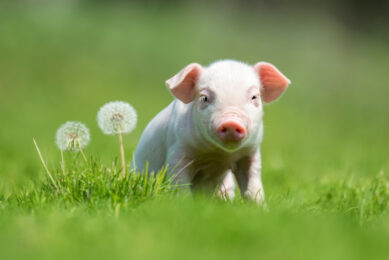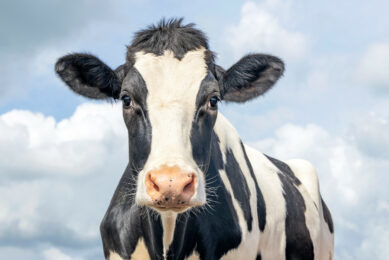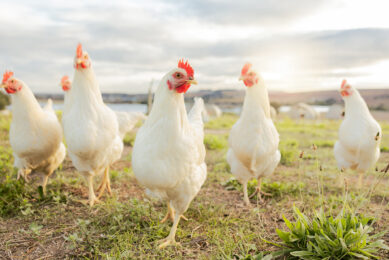Yeast nucleotide advancements in pet food

In recent years, nucleotide nutrition has been used more and more in pet food. With further research, it has been revealed that this natural biomolecule has multiple functions in pet food. Nucleotide supplementation in pet foods aims to reinforce the immune system and promote intestinal function.
What is the nucleotide?
From a genetic point of view, nucleotides are an important part of cells. It is a monomer that makes up DNA (genes) and RNA (ribonucleic acid) and plays an important role in cell structure, metabolism, energy and regulatory functions.
From the perspective of application, nucleotides play an important role in the immune regulation, brain development and intestinal flora improvement of pets, especially newborn and young pets, and can also improve the immunity of pets.
From a source, nucleotides are also found in food. For example, fish, animal organs, fungi, etc., of which yeast is particularly rich in nucleic acid content, and yeast nucleotide content is more abundant after industrial nucleotide enzymolysis.
Why the nucleotides need to added in pet food?
Studies have found that although the pet body can synthesise nucleotides itself, the nucleotides synthesised in the body cannot meet the needs of various tissues with high metabolism, such as the immune system and intestinal tissues. The lack of nucleotides in pet food can affect the heart, liver, intestine and immune function of pets.
The application trend of yeast nucleotides in pet food
Yeast nucleotides improve pet intestinal health
Nucleotides play an important role in the gut, promoting the growth, development and repair of intestinal cells. Nucleotides can stimulate the proliferation of beneficial bacteria in the body and effectively reduce the probability of diarrhoea in young pets.
Nutritional studies have shown that injection of nucleotides and the addition of nucleotides to infant formula can improve intestinal health and immune system development in infants and young children. Because nucleotides and small peptides can maintain intestinal health, adding yeast source nucleotide nutrition to pet food fed by young dogs and cats can effectively improve the diet structure and promote intestinal health of young pets.
The addition of yeast nucleotide to pet cat food can improve the balance of intestinal flora. The experimental study of yeast nucleotide in pets conducted by Beijing Academy of Agricultural Sciences shows that the abundance of bifidobacteria in the added yeast nucleotide group is higher than that in the treatment group, and the lactobacillus abundance in the yeast hydrolysis group is also higher than that in the control group and other treatment groups. The results showed that adding yeast nucleotide improved the intestinal tract of pet cats better than other treatment groups. (Figure 1).
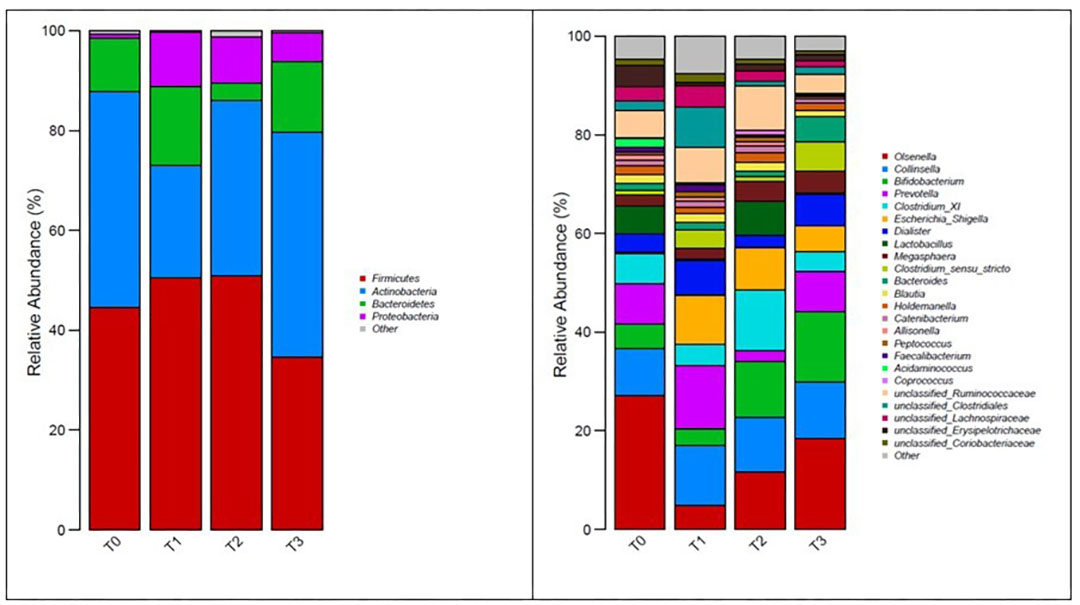
At the same time, the effects of yeast nucleotide addition on the contents of indole and skatole in pet cat faeces were detected. The test results showed that after the addition of yeast nucleotide, yeast nucleotide significantly reduced the contents of skatole and indole in faeces, effectively increased the content of bifidobacterium in pet faeces, and improved the intestinal health of pets (Figure 2).
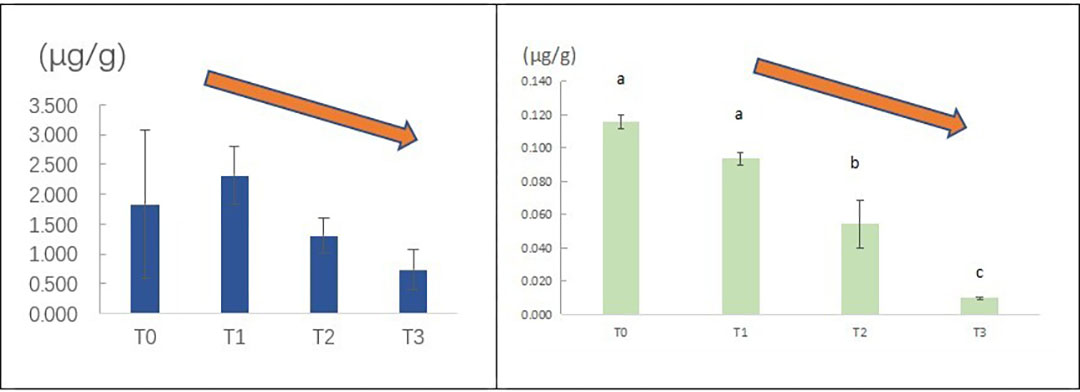
Yeast nucleotides improve the immune system
When pets have some external conditions, such as intestinal damage, rapid growth, too little protein intake or stress problems, the immune system is triggered, the amount of self-synthesis is far from enough to provide support. So this extra intake of exogenous nucleotides optimises its physiological function. Pet mucous membranes, bone marrow, hematopoietic cells and lymphocytes, these tissues are more dependent on exogenous dietary nucleic acids as a remedy pathway.
Studies have shown that pet food supplemented with yeast nucleotides can increase phagocytic activity of pet leukocytes and improve the ability of lymphocyte division. After addition of yeast nucleotide, pet vaccination resulted in increased anti-parvovirus antibody titers at 14 days, increased non-specific immunoglobulin levels at weaning, and improved peripheral blood mononuclear cells.
Yeast nucleotide strong freshening agent
Sodium inosine (IMP) and sodium guanylate (GMP) mixtures are used as fresheners in pet food. Umami, as one of the five basic tastes, can bring pleasure to pets and represents the characteristic flavour of most amino acids and nucleotides
Yeast nucleotides are added with nuclease, so that the nuclease in yeast is decomposed into four free nucleotides (UMP,GMP,CMP,AMP). The four free nucleotides in the product have very good flavour and nutrition enhancement, and are suitable for pet food industry with better flavour.
The application prospect of yeast nucleotide feed additives
The raw materials of yeast nucleotides are extensive, the extraction technology is mature, rich in nucleotides can promote the healthy development of the intestines of pets, improve disease resistance and immunity, in addition, its degradation products such as IMP, GMP, etc. are themselves a kind of substances that affect the flavour, can indirectly improve the nutritional value of pet food, and commodity value, which is of great significance in pet nutrition.
References are available on request.




